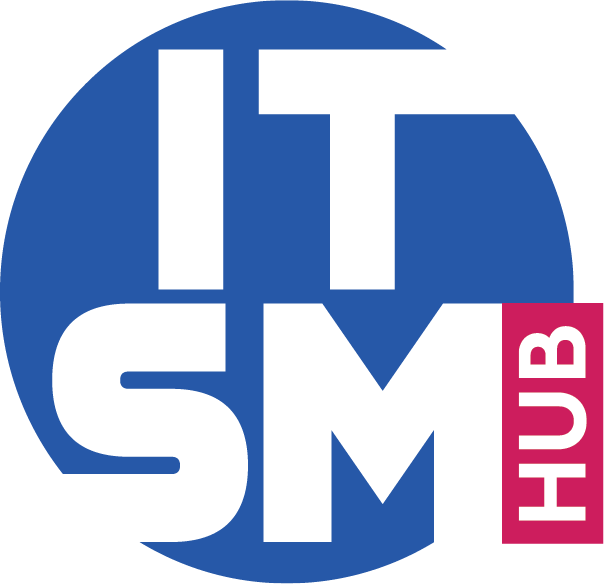The Lean IT Essentials entry-level course is the first in the Lean IT certification scheme, and it is a mandatory requirement for taking the other two advanced courses: Lean IT Kaizen and Lean IT Leadership.

Description
Lean IT provides practical guidance that focuses on the improvement of whatever processes already exist within the organisation. Regardless of the framework or standard your IT organisation has chosen, the central focus of Lean IT is learning how to assess any business process to eliminate waste, where waste is defined as something that adds no value to a product, service, or output.
The Lean IT Essentials entry-level course is the first in the Lean IT certification scheme, and it is a mandatory requirement for taking the other two advanced courses: Lean IT Kaizen and Lean IT Leadership.
Learning Outcomes
Lean IT Essentials focuses on providing actionable improvements to six major components: the customer, processes, performance, the Lean organisation, behaviour and attitude, and problem-solving/kaizen.
Upon completion, participants of this course will be able to:
Describe the origin, development, and purpose of the Lean and Six Sigma philosophies – which includes their key elements and the five Lean principles
Understand the concept of the voice of the customer and the factors that influence customer value, etc.
Recognise the concept of waste – and how to reduce and/or eliminate it
Understand how to define, initiate, document, and implement process improvements and how they relate to value improvement, etc.
Understand the definition of performance measurement and how it relates to value stream maps and process cycle efficiency, as well as the requirements for key performance indicators (KPIs), etc.
Understand the organisational requirements for a Lean IT organisation that includes the importance of customer orientation, empowering employees, implementing visual management, etc.
Identify the characteristics of Lean thinking, the differences between traditional management and Lean leadership, and the behaviour and attitudes required to successfully implement Lean, etc.
Identify and implement the key aspects of problem-solving and kaizen as forms of continuous improvement, which include being able to apply various Lean analytical tools:
A3 thinking – This is a visual method for structured problem-solving.
Deming (or Shewhart) cycle – This explains how to apply the cycle of continuous improvement: plan-do-check-act.
The Toyota production system – One of its basic concepts is: Go, look, and see (fact not emotion).
Value stream mapping – This shows how to apply Lean IT principles to a value stream.
The concept of kaizen, also known as continual improvement, is applied across the organisation to systems, processes, and activities.
ITSM Hub is an Australian-based ITSM provider offering 360 solutions in training, consulting, and contractor services. With 20 + years within the Australian market and a global partner network we bring best practice solutions to you.
Specialising in the ITIL® service management framework and related service management standards, frameworks, and disciplines. We deliver flexible learning and certification course options.
Self-paced online, virtual classroom and on-site training facilitated by our expert instructors. Know how with best practice methodologies and frameworks that deliver real business results.
Our consultation services do smart smarter with strategic mentoring, customised workshops and best practice process improvements. Our consultants are specially trained to adapt, adopt and utilise various best practice frameworks to fit your company’s unique situation.
We offer a full lifecycle of solutions starting with assessments, strategic guidance and planning along with implementation and continuous improvement coaching.
ITSM Hub place experienced professionals with clients who are requiring assistance on projects, tender or bid writing or on a long-term basis. Our contractors offer flexible staffing services to alleviate business interruption with reliable and trusted support.
Our ITSM and BA experts are available for short- or long-term placements and have experience from diverse industries across private and government sectors.
All ITSM Hub services are success driven and enabled by our strong network of globally recognised experts. Our trainers, consultants and contractors are leaders in their field with a diverse and high-level of experience, so our clients can expect value every time.
© 2025 coursetakers.com All Rights Reserved. Terms and Conditions of use | Privacy Policy